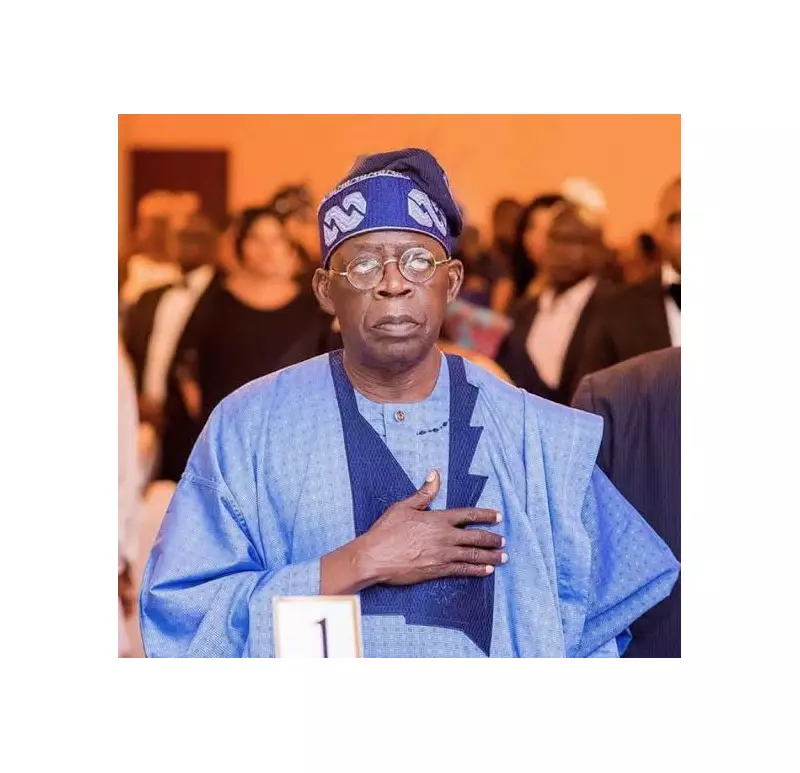
The Federal Government has executed a dramatic about-face on a controversial pardon decision that had sparked nationwide debate and raised serious questions about adherence to due process in Nigeria's governance system.
Public Outcry Forces Government Reconsideration
Nigerians across various sectors expressed deep concerns about the initial pardon announcement, with many legal experts and civil society organizations questioning whether proper procedures were followed. The growing public pressure appears to have compelled the government to reconsider its position.
Transparency Questions Linger
Legal practitioners and transparency advocates had raised alarm bells about the pardon process, suggesting it may have bypassed established legal protocols. The controversy highlighted ongoing tensions between executive power and constitutional safeguards in Nigeria's democracy.
Constitutional Implications
The reversal raises important questions about the exercise of presidential pardon powers and the need for clear, transparent procedures that maintain public confidence in Nigeria's justice system. Constitutional lawyers have emphasized that while pardon powers are discretionary, they must be exercised within established legal frameworks.
Civil Society Reaction
Human rights organizations and good governance advocates have welcomed the government's decision to backtrack, viewing it as a victory for public accountability. However, many continue to call for comprehensive reforms to ensure similar controversies don't arise in the future.
The incident has sparked broader conversations about governance standards and the importance of maintaining due process in all government actions, particularly those involving the justice system and executive powers.





